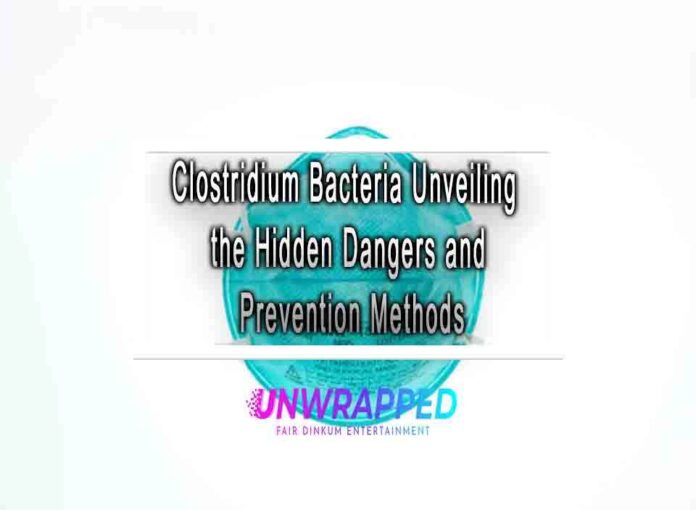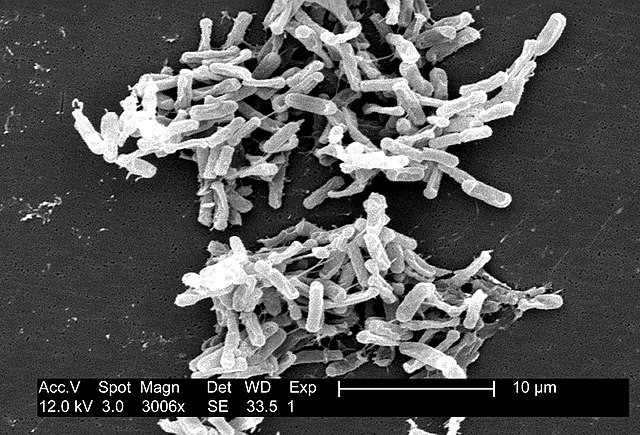Clostridium is a genus of bacteria, some species of which can be harmful and cause infections when they proliferate in certain conditions. While not all Clostridium species are dangerous, some can lead to serious health issues. Here’s a look at the hidden dangers of Clostridium bacteria and methods to prevent infection:
1. Types of Harmful Clostridium Bacteria:
- Clostridium difficile (C. diff): This bacterium can cause antibiotic-associated diarrhea, pseudomembranous colitis, and other intestinal infections. It’s often associated with healthcare settings.
- Clostridium botulinum: This bacterium produces botulinum toxin, one of the most potent toxins known, causing botulism, a severe and potentially life-threatening illness.
- Clostridium tetani: It produces tetanospasmin toxin, leading to tetanus, a condition that affects the nervous system and causes muscle stiffness and spasms.
2. Prevention Methods:
a. Clostridium difficile:
- Proper Hand Hygiene: Wash your hands frequently with soap and water, especially after using the restroom, and encourage healthcare providers to do the same.
- Responsible Antibiotic Use: Avoid unnecessary antibiotic use, and complete prescribed courses as directed by a healthcare professional.
- Isolation Protocols: If you or a loved one is hospitalized and infected with C. diff, follow isolation and hygiene protocols to prevent the spread of the bacteria.
- Environmental Cleaning: Healthcare facilities should maintain strict environmental cleaning and disinfection protocols to reduce the risk of C. diff transmission.
b. Clostridium botulinum:
- Safe Food Handling: Prevent botulism by properly storing, canning, and preserving foods. Be cautious of bulging or damaged cans or jars.
- Avoid Home Canning Mistakes: If you practice home canning, use proper techniques, follow established recipes, and consider pressure canning for low-acid foods.
- Avoid Giving Honey to Infants: Botulism spores in honey can pose a risk to infants. Wait until after their first birthday to introduce honey.
c. Clostridium tetani:
- Tetanus Vaccination: Ensure that you and your loved ones are up-to-date on tetanus vaccinations. A booster is usually recommended every 10 years.
- Proper Wound Care: Thoroughly clean and disinfect any wounds, and seek medical attention for deep or contaminated injuries.
3. Be Aware of Symptoms:
- Knowing the symptoms associated with infections caused by Clostridium bacteria is essential. Symptoms can include severe diarrhea, muscle stiffness, abdominal pain, fever, and difficulty swallowing, among others.
4. Seek Prompt Medical Care:
- If you suspect you have a Clostridium infection, seek medical attention promptly. Early diagnosis and treatment can be crucial, especially for C. diff and tetanus.
In summary, some Clostridium bacteria can pose hidden dangers, but with awareness, proper hygiene, safe food handling practices, and responsible antibiotic use, you can significantly reduce the risk of infection. Additionally, staying up-to-date on vaccinations and practicing good wound care can help protect you and your loved ones from these potentially harmful bacteria. If you suspect an infection, consult a healthcare professional for appropriate diagnosis and treatment.












